KS3 planning (general)
There are many different issues, both practical and pedagogical, subject specific, school-wide and national that must be considered in any teachers’ planning. In this section you will find research, articles, guides and resources that will support you to develop your planning as it relates to teaching history and helping pupils to make progress.
Sort by:
Date (Newest first) | Title A-Z
Show:
All |
Articles |
Podcasts |
Multipage Articles
-

Historical scholarship, archaeology and evidence in Year 7
ArticleClick to view -

How Michael moved us on: transforming Key Stage 3 through peer review
ArticleClick to view -

Improving Year 12's extended writing
ArticleClick to view -
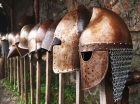
Interpreting Agincourt: KS3 Scheme of Work
ArticleClick to view -

Into the Key Stage 3 history garden: choosing and planting your enquiry questions
ArticleClick to view -
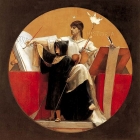
Key Concepts at Key Stage 3
Multipage ArticleClick to view -

Learning from a pandemic
ArticleClick to view -
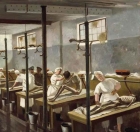
Learning lessons from genocides
ArticleClick to view -

Less time, more thought: coping with the challenges of two-year Key Stage 3
ArticleClick to view -

Let's see what's under the blue square...': getting pupils to track their own thinking
ArticleClick to view -

Making pupils want to explain: using Movie Maker to foster thoroughness and self-monitoring
ArticleClick to view -

Making reading routine
ArticleClick to view -

Making rigour a departmental reality
ArticleClick to view -
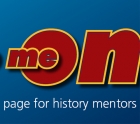
Move Me On 149: how to provide appropriate support for particular students
ArticleClick to view -

Move Me On 151: Getting past a plateau in development
ArticleClick to view -

Move Me On 153: Teaching about genocide
ArticleClick to view -

Move Me On 170: adapting to a second school
ArticleClick to view -

Move Me On 182: thinks that substantive knowledge is all that matters
ArticleClick to view -

My essays could go on forever: using Key Stage 3 to improve performance at GCSE
ArticleClick to view -
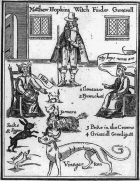
Myths and Monty Python: using the witch-hunts to introduce students to significance
ArticleClick to view

